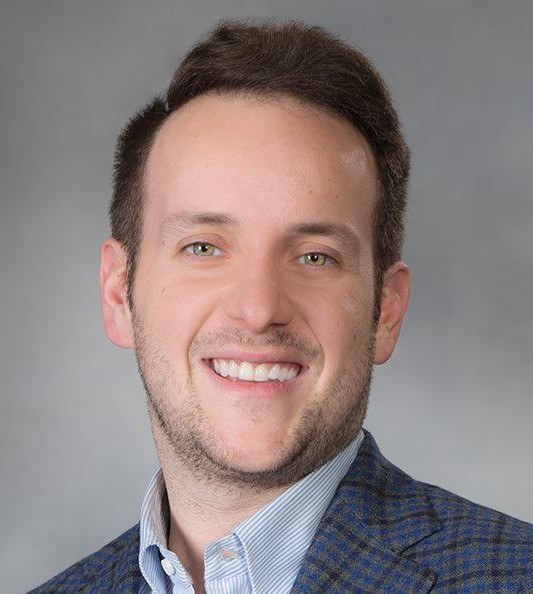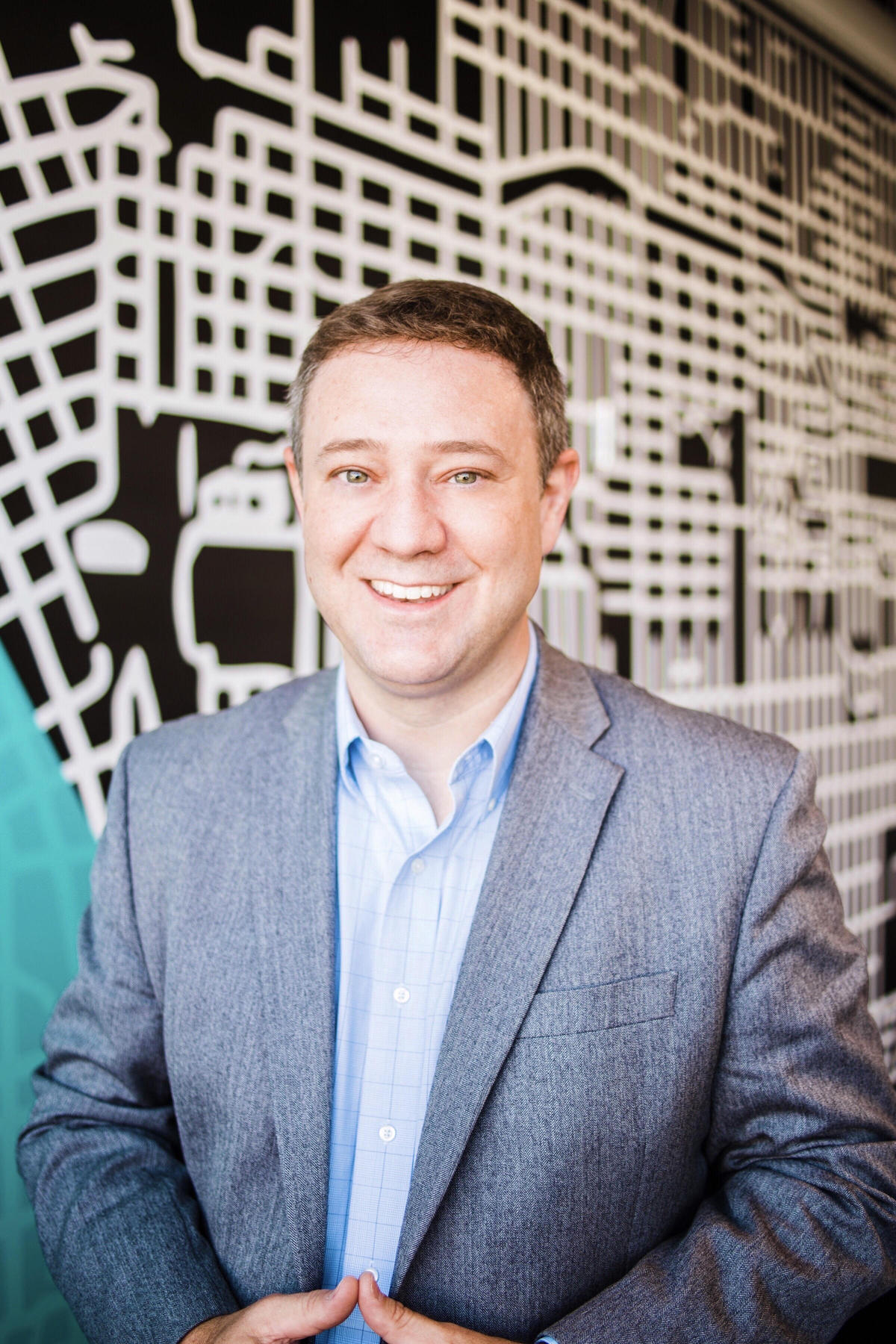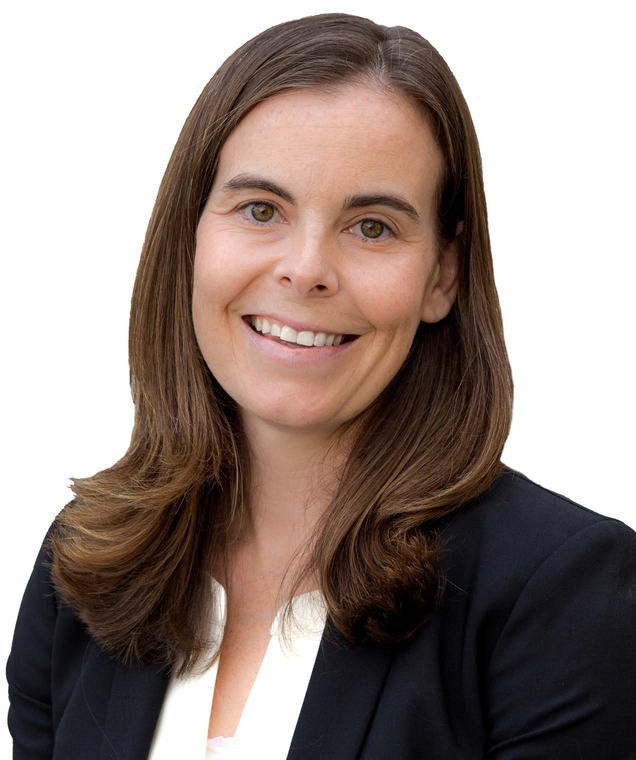For Israeli companies considering US market entry, the United States they believe existed pre-Covid is a far different place than the country they wish to access now.
While the pandemic has caused a lot of pain and suffering, opportunities have also arisen. And Israeli entrepreneurs are good at spotting opportunities in chaotic situations.
One of those opportunities is the rise of US cities with newly robust tech ecosystems fueled by the work-from-home (WFH) trend and the exodus of highly skilled professionals from densely populated urban areas such as New York and the Bay Area.
Now is the time for US cities between the coasts to cement their status as tech centers. Tulsa, Oklahoma, is one of those cities.
To build a strong diverse ecosystem with the potential for economic development, a city needs to be a landing pad for international startups. Therefore, Tulsa is looking to engage Israeli companies and to include them as part of the fabric of the ecosystem it has been building for the last few years.
Tulsa, which is home to a large Jewish community, is seeking to help Israeli startups with remote hiring and US market entry. This initiative, shepherded by Atento Capital and other local partners such as the Tulsa Innovation Labs and working space 36 Degrees North, includes a presence in Israel to help startups with the move.

The author, Jonathan Frenkel, left, with Tulsa Jewish community leader David Charney. Photo: courtesy
The trends
Places like Tulsa are now attractive alternatives to densely populated urban centers. Professionals still want the amenities and lifestyle of living in a big city but for safety reasons cannot deal with the density of a place like New York.
Furthermore, WFH is going to continue in some form or another for the foreseeable future. And that means people can choose to live and work where they want, have a better work-life balance, and still be effective.
Community is an important part of working remotely, and Tulsa invested in building a remote worker community through its Tulsa Remote program.
Since the launch of the program in late 2018, 30,000 applicants have applied and nearly 400 participants have moved to the city with their families, ranging from Google software engineers to McKinsey consultants to former professional athletes.

Ben Stewart, interim executive director of Tulsa Remote. Photo: courtesy
What is relevant from an Israeli tech perspective is that the city is actively investing in a professional tech workforce as well as in roles such as sales development representatives (SDRs), software engineers, and customer success talent through programs like the Holberton School and Satellite.
With the decentralization of talent, capital, and customers because of Covid, highly skilled remote talent at costs lower than in coastal cities becomes even more important.
While most people still want to meet face to face, physical location does not matter anymore. People are also asking themselves what is truly important in life, and many of the tradeoffs we made in the past may not be worth it.
Virtual health, cyber, drones
Tulsa used to be the energy (oil and gas) center of the world. Today the city is looking to diversify. Building an active technology ecosystem, an active remote community, and having Israeli companies grow their endeavors locally are key to the city’s next phase.
“The work of Tulsa Innovation Labs and our focus areas of virtual health, energy tech, drones, cyber and analytics are guiding our collective economic development efforts in building a Startup Nation in the American Heartland,” says Executive Director Nicholas Lalla.

Nicholas Lalla, cofounder &managing director of the Tulsa Innovation Labs. Photo: courtesy
Israeli founders may find it interesting that the University of Tulsa has one of the top cybersecurity programs in the US and has become a feeder school to US agencies such as the NSA and HLS. This is one of the reasons that cybersecurity foundry Team8 is cooperating with the university to offer a PhD program in cybersecurity.
Israeli drone startups such as Percepto and SeeTree have established a presence, as Native American tribes in the Tulsa area have created drone corridors such as the Osage Nation’s Skyway 36.
The Israeli presence
Atento Capital is invested in active VCs in Israel and maintains an office in Israel to help local startups make the move and hire local skilled talent in Tulsa. Cybersecurity startup Claroty is among Israeli companies that have hired skilled sales talent based in Tulsa.
Team8’s presence in the city has also helped anchor the Israeli tech presence.

Team8 cofounder and managing partner Nadav Zafrir. Photo by Corinna Kern
“We’re really excited to broaden our academic program and partner with [the University of Tulsa] to foster groundbreaking scientific breakthroughs,” said Team8 cofounder and managing partner Nadav Zafrir.
“This fellowship creates a unique opportunity to help students develop advanced transformative technologies and solutions that hold the potential to significantly impact the most pressing challenges of our digital world.”
Along with Team8, some of the same professionals who helped build New York’s Israeli ecosystem are involved in Tulsa.
As Lalla reflects, “Previously, I spearheaded the Cyber NYC initiative for the city of New York and understood the benefit of parlaying Israeli innovation; our partners JVP and SOSA were key in that endeavor’s success.
“What we’re most excited about these days in Tulsa is building out a first wave of programmatic investments—new startup accelerators, venture funds, an applied research center, and workforce initiatives—to catalyze growth and expand opportunity.”
The community and ecosystem
Tulsa has a vibrant Jewish community and strong pro-Israel sentiment. Tulsa is home to the Schusterman Family Foundation, which supports Israeli initiatives that engage entrepreneurs and social entrepreneurs such as the ROI Community and REALITY.
Engaging young Jewish professionals is also key. Local philanthropists created the Tulsa Tomorrow program to bring them into the city.

Devon Laney, president & CEO of 36 Degrees North workspace. Photo: courtesy
“As Tulsa’s basecamp for entrepreneurs, 36 Degrees North provides over 20,000 square feet of world-class workspace, a top-tier support network and the strategic programming entrepreneurs need to help their businesses succeed,” says President & CEO Devon Laney.
“Our growing community has access to workspace in the heart of downtown Tulsa, a robust advisor platform and relationships with corporate, educational and capital partners.”
He adds that these resources, combined with the low cost of living and the influx of highly skilled tech and remote workers, “make Tulsa an extremely advantageous home-base for entrepreneurs.”
The future of remote
With travel limited for now, Israeli companies must consider hiring remotely. Over the next few years, there will most likely be a hybrid approach with both WFH and work in the office. Hiring talented sales professionals in the US is even more difficult than usual, which is why Tulsa’s offering is valuable.

Megan Thomas, talent acquisition leader at Atento Capital. Photo: courtesy
“We built a formula for relocation with Tulsa Remote which attracted a large number of highly skilled people ready to move here,” says Megan Thomas, talent acquisition leader at Atento Capital.
“For employers, Tulsa offers a very strong talent pool in sales, operations, management and back-office services,” she adds. “We have a focused and intentional plan which brings together key stakeholders in Tulsa such as investment, education, recruitment, and government to help Israeli companies hire and succeed in the city.”
Dueto Tulsa Remote’s focus on building a remote worker ecosystem, the city can distinguish itself from other emerging ecosystems. For Israeli founders, the city offers access to talent, access to customers, and capital. For founders who make the move, there is a high standard of living and being a part of building something bigger than themselves and making an impact on this ecosystem.
For more information, click here.
Jonathan “Yoni” Frenkel heads partnerships at Atento Capital. He is a regular contributor to ISRAEL21c on the topics of tech, venture, and US-Israel tech relations. He is currently in Israel leading the effort to assist local companies with US market entry and remote skilled worker employment in Tulsa.

You must be logged in to post a comment.